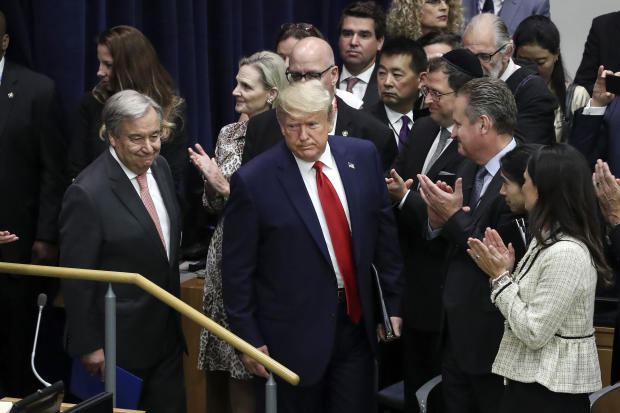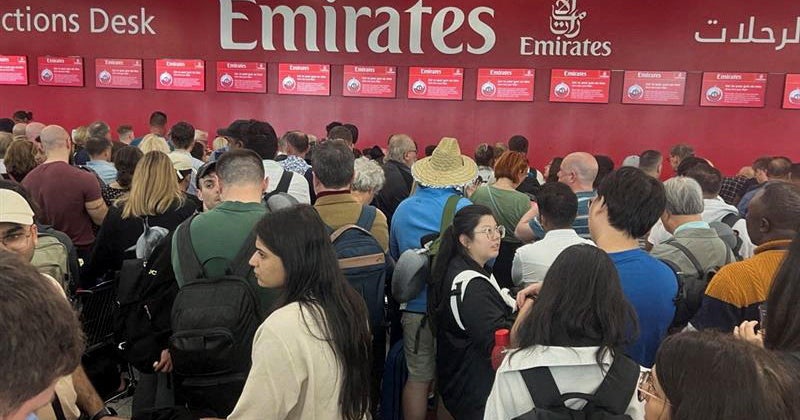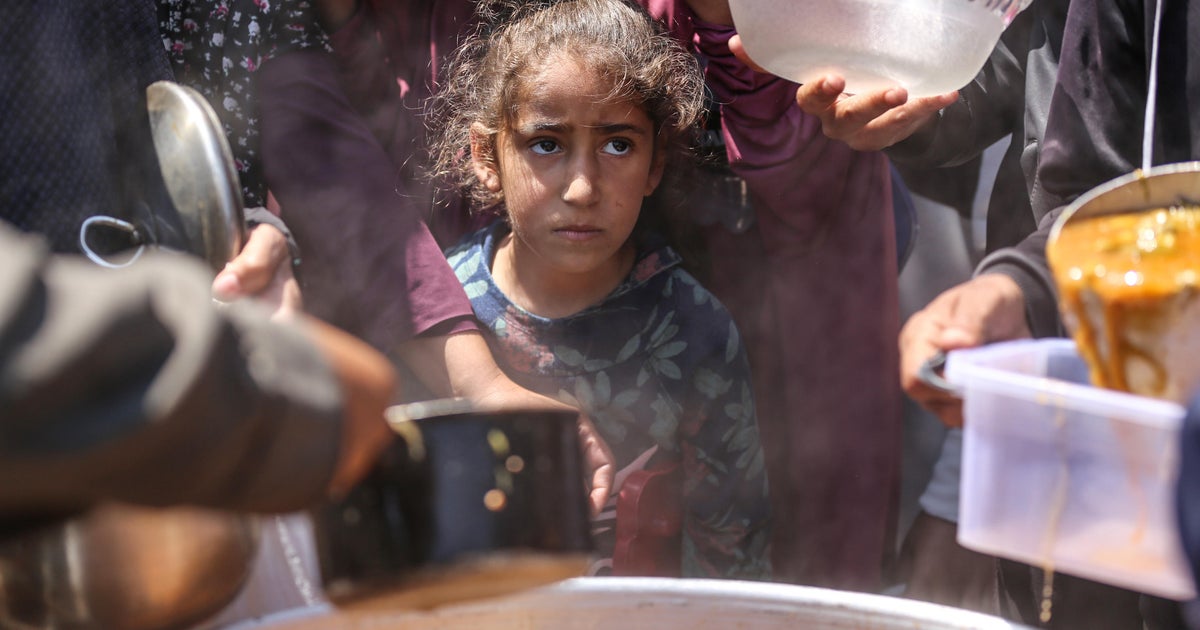UN chief warns of "feeding frenzy of hate" fueling global spread of white supremacy
United Nations — In his most hard-hitting warning to date on hate movements around the world, U.N. Secretary-General Antonio Guterres told the global body's Human Rights Council in Geneva on Monday that the world needed to "step up the fight against resurgent neo-Nazism, white supremacy and racially and ethnically motivated terrorism."
"The danger of these hate-driven movements is growing by the day," the U.N. chief said, noting that while he believed they already pose the most significant internal challenge for several countries, they were also reaching across borders and morphing into "more than domestic terror threats. They are becoming a transnational threat."
Guterres addressed the well-documented rise in the impact of racism around the world, saying: "Individuals and groups are engaged in a feeding frenzy of hate — fundraising, recruiting and communicating online both at home and overseas, travelling internationally to train together and network their hateful ideologies."
"Far too often," the Secretary-General said, "these hate groups are cheered on by people in positions of responsibility in ways that were considered unimaginable not long ago."
To many listeners, including Richard Gowan, U.N. Director for the International Crisis Group (ICG) think-tank, one target of that last remark was clear.
"Guterres worked very hard to build a working relationship with Trump while in office, which I imagine was often very hard, and this looks like a reasonably subtle but firm rejection of the former president," he told CBS News.
"The deepest wells of injustice"
The U.N. chief's address highlighted the "most pervasive human rights violation of all: gender inequality," which he said was being "fed by two of the deepest wells of injustice in our world: The legacy of centuries of colonialism; and the persistence, across the millennia, of patriarchy."
Guterres has welcomed President Joe Biden's commitment to reengage with the U.N., and Mr. Biden's choice for U.N. Ambassador, Linda Thomas-Greenfield, who is expected to be at U.N. Headquarters by March 1, pending her Senate confirmation, has championed human rights and diversity worldwide.
"Guterres has raised these issues before, but he has more political space to highlight these topics now that Biden is in office," Gowan said.
Michelle Bachelet, U.N. High Commissioner for Human Rights, told the Council that over the last year, another factor contributed to inequality, or at least to revealing it within societies: "The pandemic ripped the mask off the deadly realities of discrimination; deep inequalities; and chronic under-funding for essential services and rights, all largely ignored by many policy-makers."
With his remarks to the Human Rights Council, the U.N. chief sought not only to highlight what he considers the rise of human rights abuses, but to unite leaders to work against it: "When we allow the denigration of any one of us, we set the precedent for the demonization of all of us."





